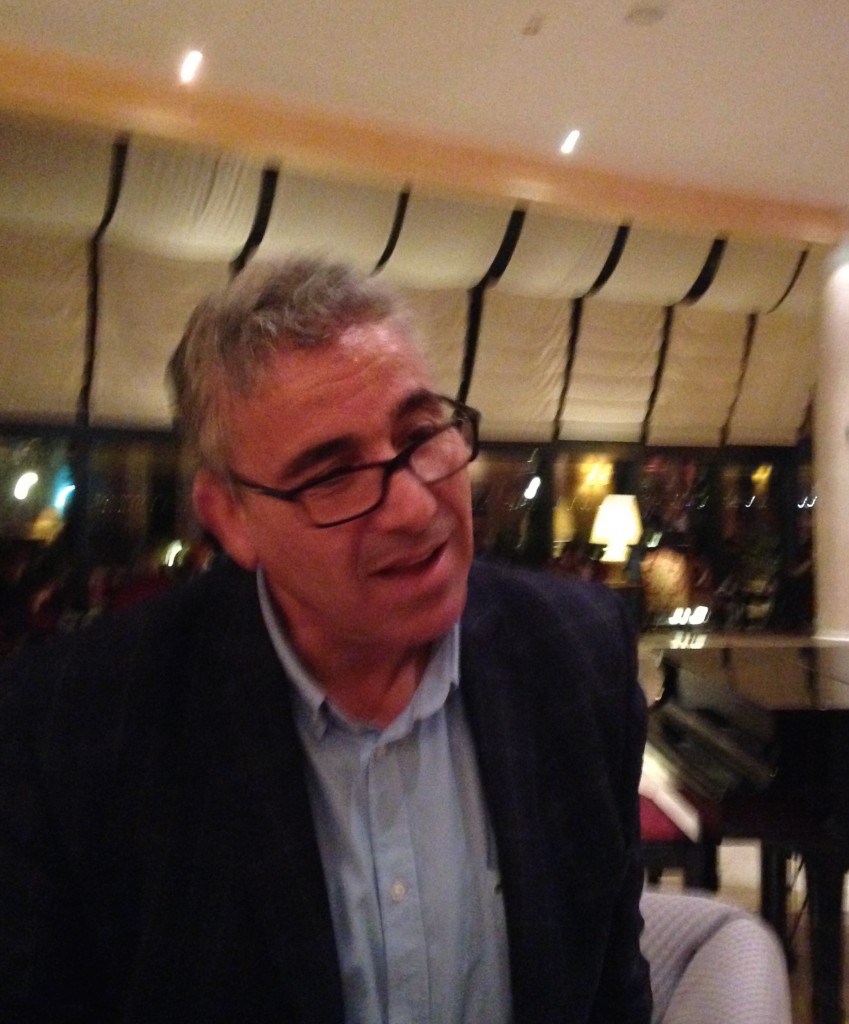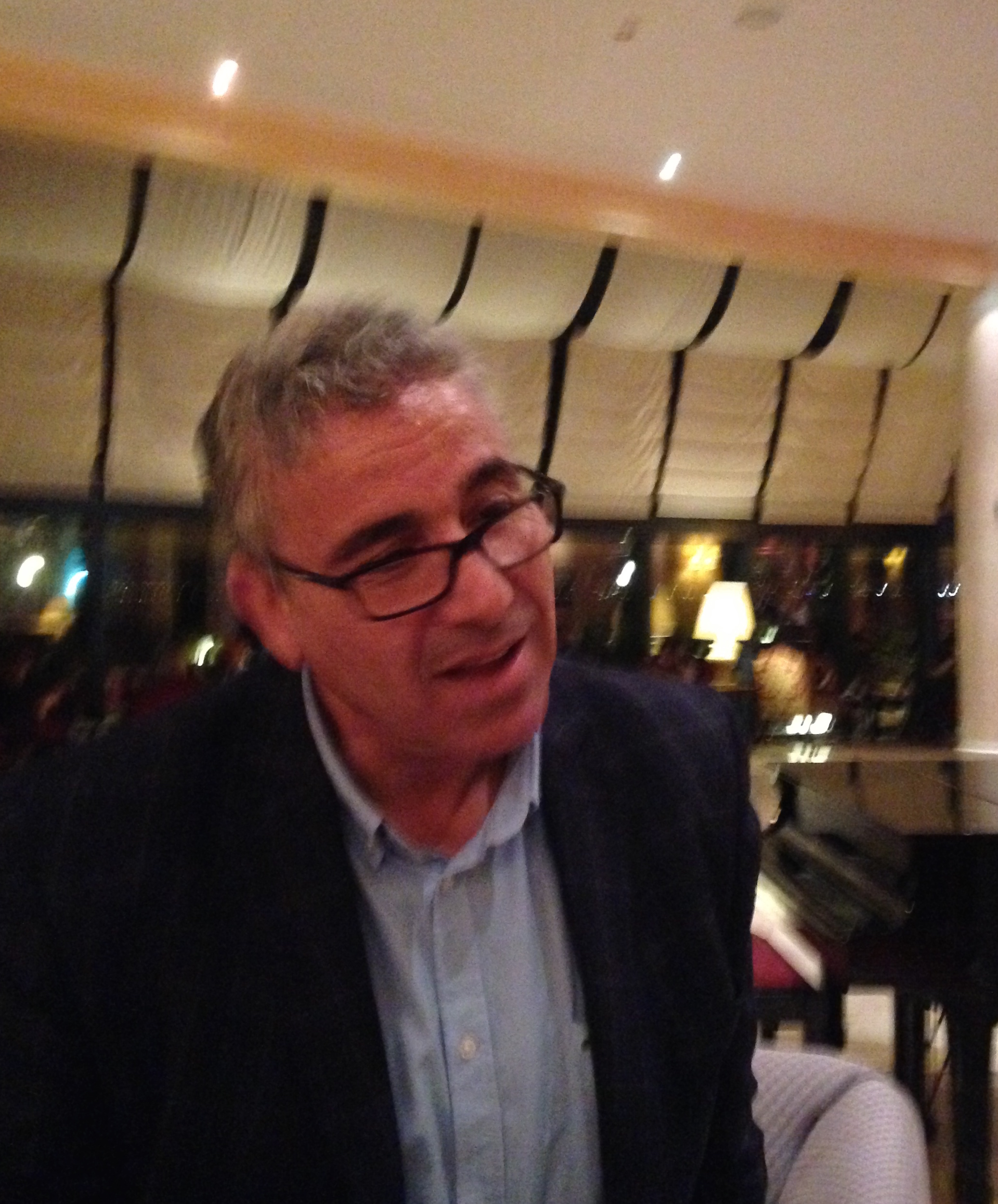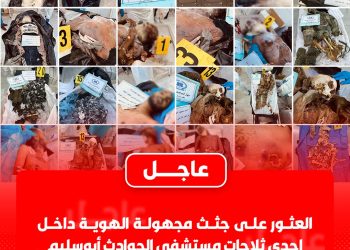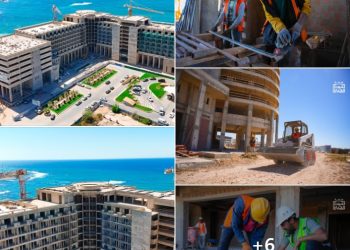By Libya Herald staff.

Tunis, 2 May 2015:
The Warshefana have promised to join in the fight against the Islamic State (IS), according to Fathi Bashagha . . .[restrict]who leads the Misratan delegation to the UN-brokered Dialogue. There will also “soon” be an agreement between Misrata and eastern tribes to the same end, he says.
Destroying IS, the boycotting Misrata House of Representatives member told the Libya Herald, is now the “top priority” – not just for Misrata but for the whole country.
“We need everyone to help in the fight against Daesh [IS]”, he said in Tunis before flying back to his home city today. “This is a war that has to be shared by all Libyans.”
Misrata’s 116 Brigade is currently battling IS in Sirte but facing stiff resistance. In Benghazi and Derna, it is the LNA that is fighting it.
The Warshefana agreed to join the fight against IS as part of the deal last month under which Misrata’s Halboos and Zawiat Al-Mahjoub brigades pulled their forces out of the fighting west of Tripoli, said Bushaga, himself one of the leaders of the Halboos Brigade. “We have promises from the Warshefana to help in the war,” he divulged.
He did not say if this meant that the Warshefana would send forces to fight in Sirte alongside the Misratans or help elsewhere. The Warshefana commander Omar Tantous has said that his sole objective is to liberate the Warshefana area.
The west-of-Tripoli deal is being seen as part of Misrata’s moves to reposition itself in the current political crisis.
Bushagha himself points out that it is part of a bigger development.
There had been an agreement in Brak Al-Shatti between the Misratan forces and the Magarha, he noted, which likewise had ended fighting there. There would also soon be a similar agreement between Misrata and a number of tribes in eastern Libya. He did not say when or with whom, but again the fight against IS was the immediate prime aim.
Bashagha counters accusations of betrayal in Zawia following the Warshefana pullout. “It’s not true,” says Bashagha, insisting that the deal had been approved by Zawia beforehand. ‘It was a good deal,” and it had, he claimed, enabled the situation in the area west of Tripoli to stabilise.
In the same way, the Brak Al-Shatti deal had brought peace to that area. Misrata was actively working for unity between Libyans so that they could focus on the fight against IS.
Bushagha, along with other delegates in the Dialogue, had been in the Tunisian capital to meet EU foreign policy chief Federica Mogherini.







